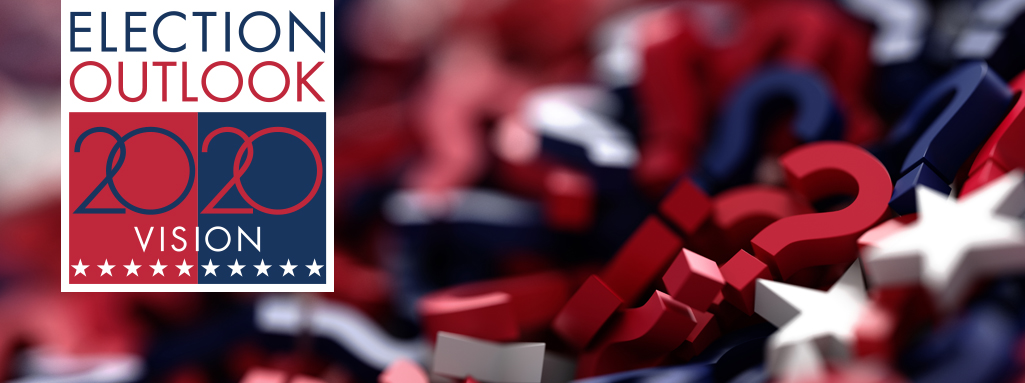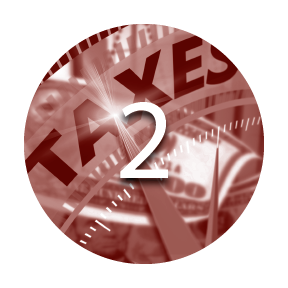With so much at stake, the 2020 US presidential election could have far-reaching implications for fixed-income investors. Beyond the race for the White House, a shift in the Senate and House majorities during this election cycle could also result in significant changes for the future of the US economy and investment landscape. Here we provide a comprehensive look at key issues and the potential implications of the 2020 election results.

5 Key Election Issues and the Market Implications for Fixed-Income Investors
Covid-Related Policy Support: Fiscal and Monetary
Partisanship will likely limit any meaningful fiscal policies being passed and implemented. On monetary policy, the Fed would likely retain its dovish stance and continue to support the markets.
Substantial fiscal policy could be passed in short order. But, assuming a vaccine is introduced and the economy continues to recover (and certainly by the inauguration on Jan 20, 2021), the near-term economic impact might be difficult to assess.
US Tax Policy
The tax cuts enacted from the Tax Cut and Jobs Act of 2017 would be expected to remain in place. As such, we would expect little impact to the markets/economy.
Biden's platform includes increasing taxes for both corporations and individuals. We would expect tax increases to mitigate (on the margin) economic growth and, by extension, the markets (e.g., corporate spreads). But, tax increases would be positive for the municipal market.
Infrastructure Investment
Partisanship will likely limit the potential size of any eventual infrastructure spending and is expected to limit the impact to the markets and economy.
Biden would likely implement various facets of the “Green New Deal.” The availability of shovel-ready projects related to clean energy may limit the size of near-term infrastructure spending. The traditional energy sector will be likely be negatively impacted due to the curtailment of fracking and exploration activities (particularly in environmentally sensitive areas). Also, the defense industry will likely be negatively impacted due to available funds being shifted to other spending priorities.
US-China Relations
Continued partisanship may limit changes to the existing policies related to China.
A Biden administration may improve the form (not substance) of the US-China relationship.
US-Europe Relations
Partisanship will likely limit the return to policies promoted by the Obama administration (especially if Trump is reelected and the Senate majority is retained by the Republicans).
A Biden administration may seek more cooperation with organizations such as the WTO and WHO, and re-engage the US on the Paris Climate Accord. Major shifts in trade policy are not expected under a Biden administration and the elimination of tariff surprises would likely “calm” markets (and generally be positive for European spreads).







